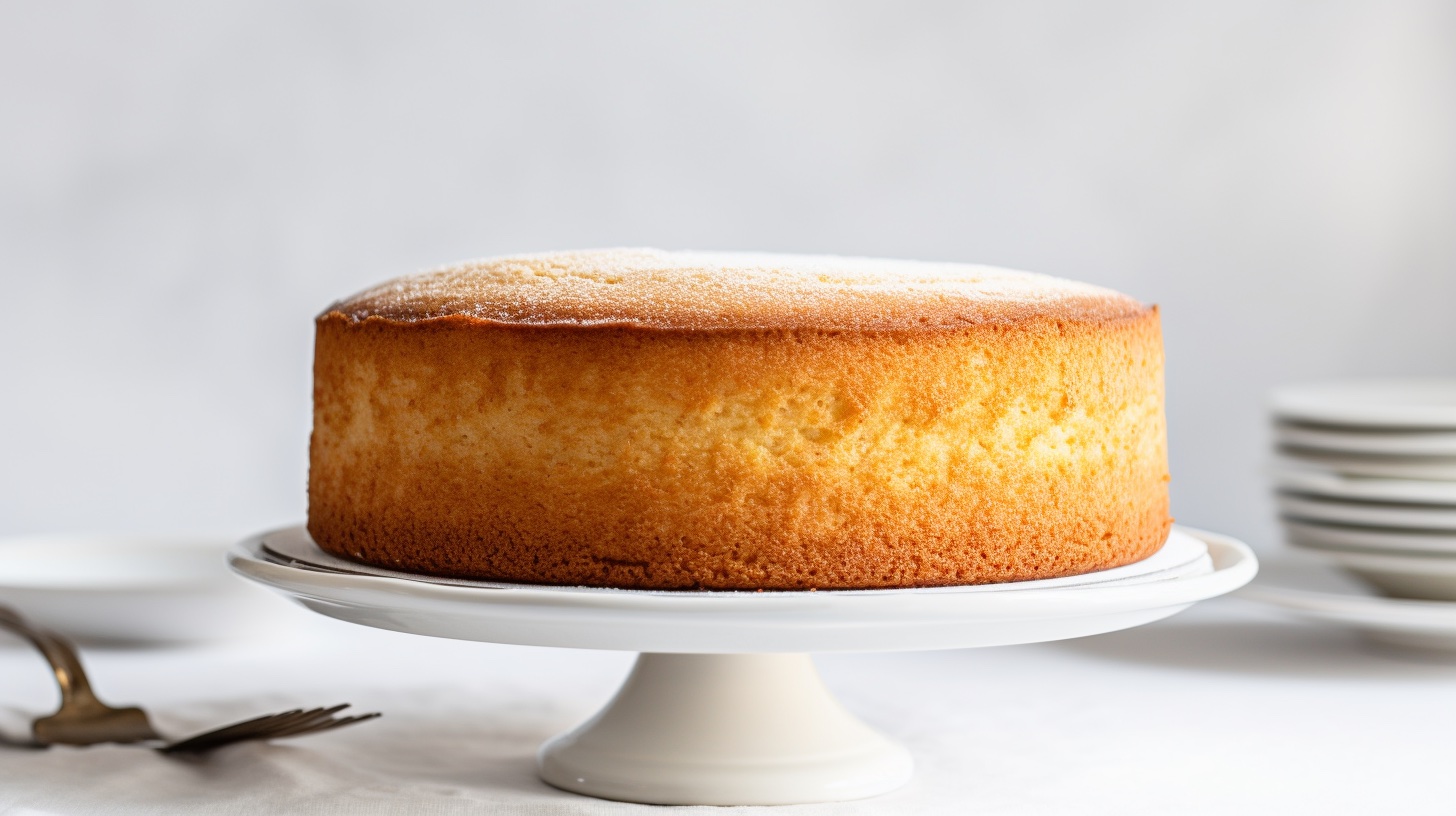Vanilla Rice Flour Cake
This recipe was created by a home baker who needed to follow a low-histamine diet but didn't want to give up her love for baking. After experimenting with different ingredients, she found that rice flour made for a wonderfully light and fluffy cake. It quickly became a favorite among her family and friends, who loved the cake's delicate flavor and texture.

Why suitable for low histanmine diet
This Vanilla Rice Flour Cake is suitable for a low histamine diet as it uses ingredients that are naturally low in histamines, such as rice flour, almond milk, and olive oil. It's important to note that sensitivity to histamines can vary, so adjust the recipe as needed based on your personal tolerance.
Ingredients
All the ingredients with the Amazon Fresh logo can be delivered within 2 hours. Just click on the ingredients and get it.
Instructions
- 0Preheat your oven to 350°F (175°C) and grease a 9-inch cake pan.
- 1In a large bowl, whisk together the rice flour, sugar, baking powder, and salt.
- 2In a separate bowl, whisk together the eggs, almond milk, olive oil, and vanilla extract. Pour the wet ingredients into the dry ingredients and stir until just combined.
- 3Pour the batter into the prepared cake pan and smooth the top with a spatula.
- 4Bake in the preheated oven for 25-30 minutes, or until a toothpick inserted into the center of the cake comes out clean. Let the cake cool completely in the pan before removing and serving.
Tipps
Using Rice Flour
Rice flour is a great low histamine alternative to traditional wheat flour. It gives the cake a light and airy texture. Make sure to get a brand that doesn't have any added ingredients that could trigger histamines.
Choosing Almond Milk
Opt for unsweetened, additive-free almond milk. It's a good low-histamine alternative to regular milk. However, everyone's tolerance is different, so make sure it suits your dietary needs.
Selecting Olive Oil
Choose extra virgin olive oil if possible, as it's typically lower in histamines. It's also a healthier option due to its monounsaturated fat content.
Vanilla Extract
Go for pure vanilla extract and avoid any imitation or artificially flavored versions, as these could contain additives that might increase histamine levels.
Sweetening with Sugar
Granulated sugar is typically well-tolerated on a low-histamine diet. However, if you're also watching your sugar intake, you could consider a low-histamine sweetener alternative like maple syrup, adjusting the quantity to taste.
Egg Safety
Use the freshest eggs possible as older eggs can have higher histamine levels. If you're sensitive to eggs, you could try a low-histamine egg substitute like a 'chia egg' or 'flax egg'.
Storing Leftovers
If you have leftover cake, it's best to store it in an airtight container and consume within 24 hours to prevent any histamine build-up.
Nutrition Facts
- Calories210
- Protein3g
- Carbs35g
- Fat7g
- Fiber1g
Remember that everyone's tolerance to histamine can be different, so it's important to pay attention to your body and adjust your diet accordingly. Always discuss dietary changes with a healthcare professional.

